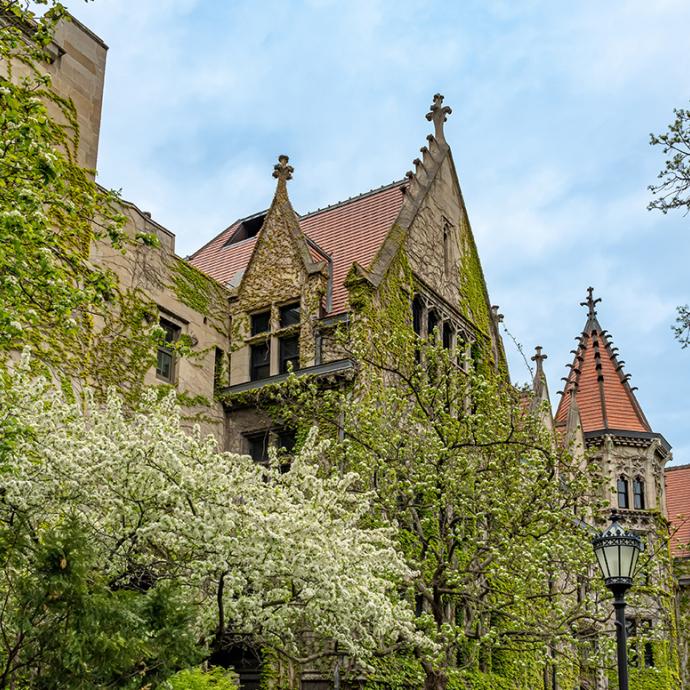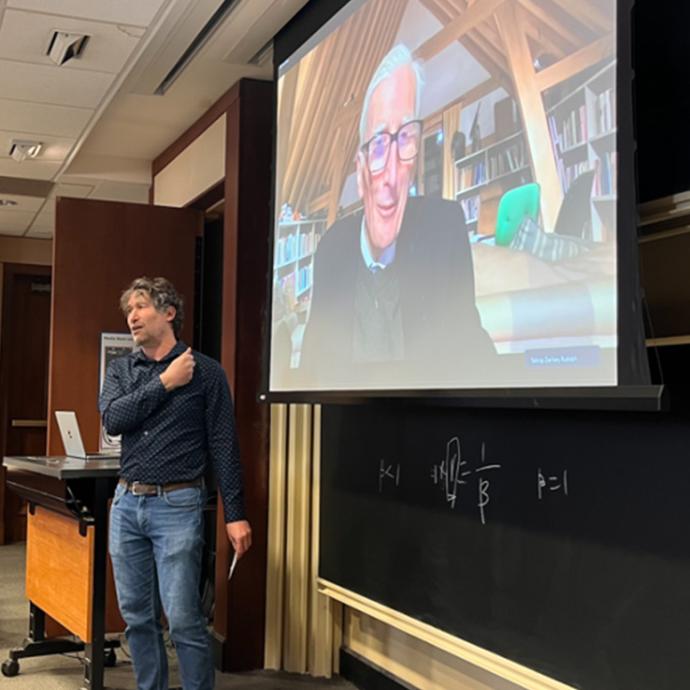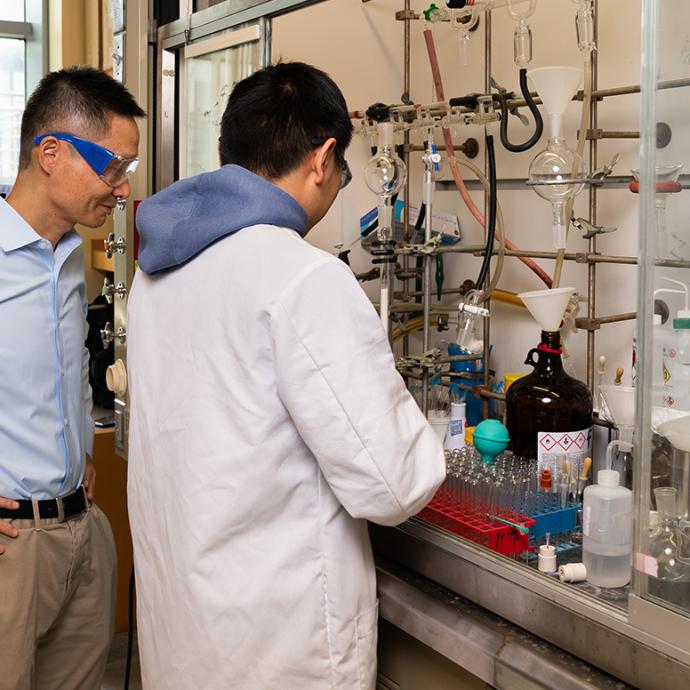Chicago’s next mayor will inherit the challenge of balancing a growing budget gap without overburdening its taxpayers, said Paula Worthington, a Senior Lecturer in the Harris School of Public Policy Studies.
The afternoon session at the Future of the City Symposium featured three panelists and addressed forthcoming financial pressures in the city. David Greising, general manager and deputy editor at the Chicago News Cooperative, moderated the discussion.
Worthington described Chicago’s more than $600 million budget gap, made worse by its reliance on one-time revenues and outstanding pension liabilities. This is not a new problem, she said, pointing out that the city averaged budget gaps of $100 million per year between 2002 and 2007. Exploring the feasibility of raising taxes and cutting services to balance the budget, Worthington concluded that Chicago’s next mayor must keep competitiveness in mind, among other constraints.
But political economist Christopher Berry said finding a comprehensive solution to Chicago’s fiscal woes will be difficult politically. Berry, Assistant Professor in the Harris School, studies how the institutional design of local governments affects policy. He continued the session by explaining that overlapping agencies like counties, school districts, park districts, and sanitation, all have the power to levy taxes in Chicago. An average citizen, he said, pays taxes to between 7 and 15 different levels of government in the city. This creates a problem of uncoordinated taxation that may require future regulation, he proposed.
Bob Weissbourd, a senior fellow at the Brookings Institution’s Metropolitan Policy Program, finished the session with a look at urban markets. He said the knowledge economy looks different than more traditional models, with the cities that “churn” the most growing the fastest — with companies and other ventures being born and dying at a much higher rate, and actors nimbly moving from one project to the next.
Weissbourd said to nurture that kind of growth, governments need to be more intentional about the incentives they create for innovation, and more cautious about policies that raise barriers to new ideas and new growth.










 —Prof. Chuan He
—Prof. Chuan He
